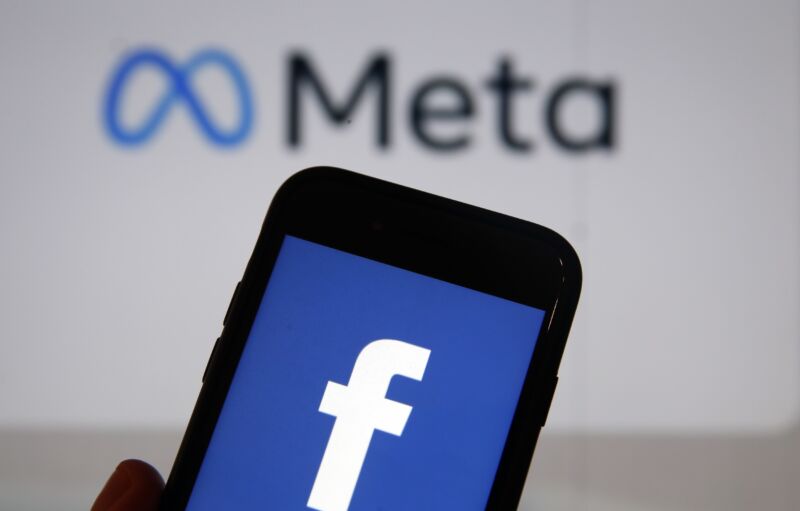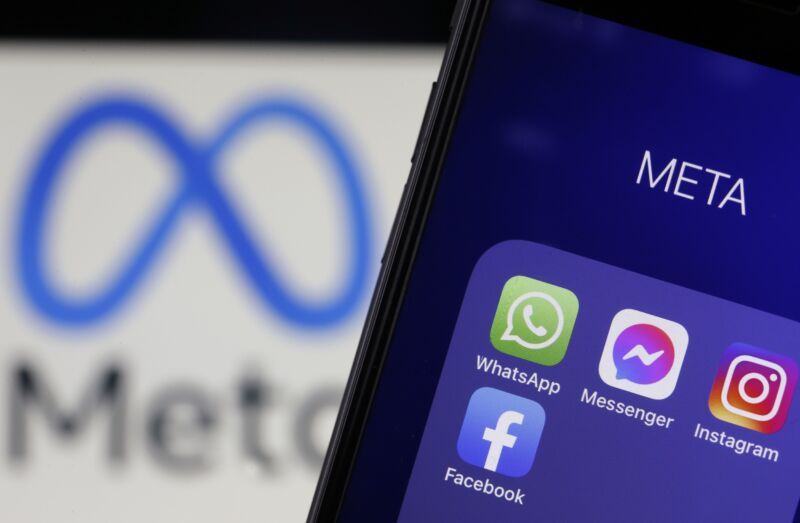
Enlarge
/
A promotional image for
Sorry for Your Loss
, which was a Facebook Watch original scripted series. (credit:
Facebook
)
Last April, Meta
revealed
that it would no longer support original shows, like Jada Pinkett Smith's
Red Table Talk
talk show, on Facebook Watch. Meta's streaming business that was once viewed as competition for the likes of YouTube and Netflix is effectively dead now; Facebook doesn't produce original series, and Facebook Watch is no longer available as a video-streaming app.
The streaming business' demise has seemed related to cost cuts at Meta that have also included layoffs. However, recently unsealed court documents in an antitrust suit against Meta [
PDF
] claim that Meta has squashed its streaming dreams in order to appease one of its biggest ad customers: Netflix.
Facebook allegedly gave Netflix creepy privileges
As spotted via
Gizmodo
, a letter was filed on April 14 in relation to a class-action antitrust suit that was filed by Meta customers, accusing Meta of anti-competitive practices that harm social media competition and consumers. The letter, made public Saturday, asks a court to have Reed Hastings, Netflix's founder and former CEO, respond to a subpoena for documents that plaintiffs claim are relevant to the case. The original complaint filed in December 2020 [
PDF
] doesn’t mention Netflix beyond stating that Facebook “secretly signed Whitelist and Data sharing agreements” with Netflix, along with “dozens” of other third-party app developers. The case is still ongoing.
chevron_right










